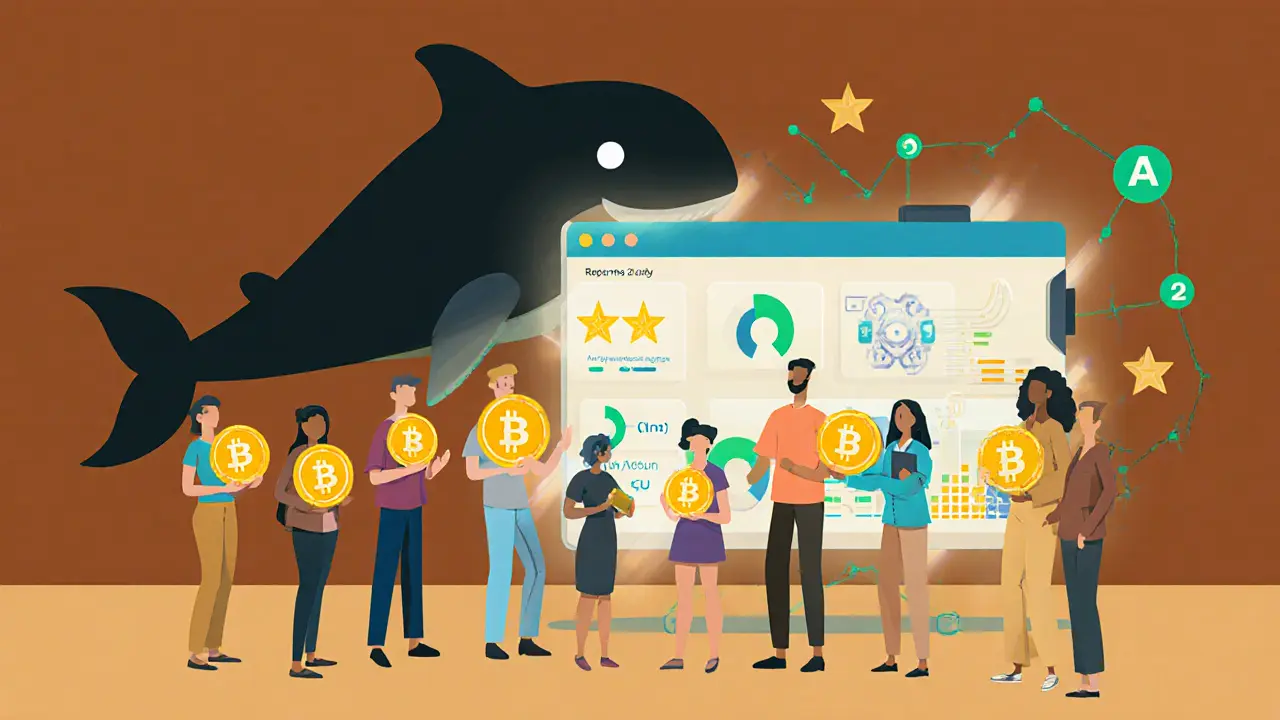DAO governance in 2025 is evolving beyond token voting. AI assistants, reputation systems, quadratic voting, and cross-chain coordination are making decentralized decision-making more fair, efficient, and scalable. Here's how real DAOs are fixing broken models today.
AI in DAOs: How Artificial Intelligence Is Changing Decentralized Governance
When we talk about AI in DAOs, the use of artificial intelligence to automate decision-making in decentralized autonomous organizations. Also known as AI-powered governance, it’s not science fiction—it’s already happening in blockchain communities that need faster, fairer ways to vote, allocate funds, and respond to threats. DAOs were built to remove middlemen, but managing thousands of members manually is messy. That’s where AI steps in—not to replace humans, but to handle the heavy lifting: analyzing votes, spotting fraud, and even suggesting proposals based on past behavior.
Think of a DAO that manages a treasury. Without AI, members might spend weeks debating whether to fund a new tool. With AI, the system checks past spending, community sentiment, and market trends, then recommends the best option. This isn’t just efficiency—it’s survival. Projects like smart contracts, self-executing code that runs on blockchain networks now include AI logic to trigger payouts only when conditions are met, reducing manipulation. Meanwhile, blockchain AI, AI models trained on on-chain data to predict token movements and community actions helps flag suspicious wallets before they drain funds. These aren’t theoretical tools—they’re the reason some DAOs still function after key members leave.
But it’s not all smooth sailing. AI can be biased if trained on bad data. A DAO using AI to rank proposals might favor wealthy members if the model only looks at token holdings. That’s why the best systems combine AI with human oversight—letting machines process data, but keeping final calls in members’ hands. The posts below show real examples: how AI helped a gaming DAO automate rewards, how one project used sentiment analysis to avoid a token dump, and why another failed because its AI ignored minority voices. You’ll see what works, what doesn’t, and how to spot a fake AI-powered DAO before you invest.
